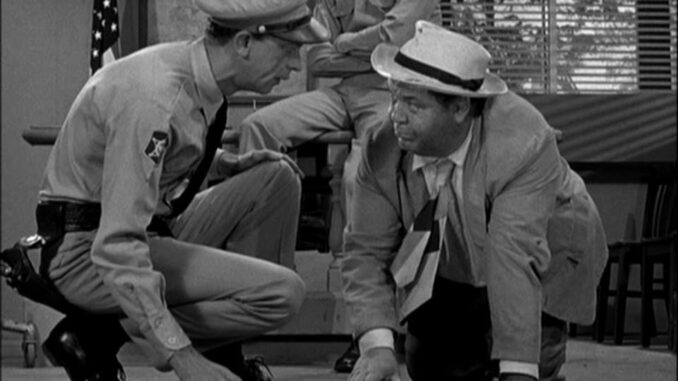
Barney Gumble, a man whose life was a gentle testament to the laws of inertia, existed in a perpetual state of agreeable mediocrity. His decisions were safe, his ambitions muted, his very existence a soothing beige. If life were a game of chess, Barney was the pawn that never moved from its starting square, perfectly content to witness the grander strategies unfold around him. Then came the advice. Not from a guru, nor a mentor, but from a confluence of whispers, misread self-help books, and a particularly ill-advised late-night infomercial: the worst advice ever conceived by the human mind. And with it, Barney won big.
The counsel Barney absorbed was a masterclass in counter-productivity, a veritable anti-philosophy for success. Its tenets were simple, yet devastating: "Never plan, always improvise," "Logic is for the weak; follow your gut, especially if it feels wrong," "If something is working, change it immediately," and perhaps most critically, "When in doubt, choose the most complicated, least efficient path available." Barney, with his unshakeable faith in any instruction given with sufficient conviction, adopted these principles with the earnestness of a zealot. He stopped pre-heating his oven, started his commutes by driving in the opposite direction, and began investing in stocks based on their ticker symbols’ resemblance to obscure constellations. His friends braced for the inevitable implosion.
The stage for Barney's unexpected triumph was the annual "Innovation Challenge" – a local competition designed to foster ingenious solutions to everyday problems. Previous winners had presented solar-powered lawnmowers or app-based carpooling systems. Barney, armed with his new creed, decided to tackle the common annoyance of tangled headphone wires. Most people would design a reel, or a case. Barney, however, embraced chaos. He submitted a "solution" that involved a complex, multi-component device requiring a small hand-crank, a miniature pneumatic tube system, and a series of interlocking gears, all powered by the user's erratic breathing patterns. The prototype was a Rube Goldbergian nightmare, a glorious monument to over-engineering and pointlessness. When he demonstrated it, the headphones somehow ended up more tangled than before, wrapped around the device itself, Barney’s face, and a bewildered pigeon that had flown in through an open window.
The audience snickered. The judges exchanged bewildered glances. This was, by all accounts, a spectacular failure, a perfect illustration of Barney’s terrible advice in action. Yet, as the final judge, a renowned conceptual artist known for her embrace of the absurd, peered at the tangled mess, a slow smile spread across her face. "Remarkable," she declared, her voice cutting through the polite titters. "Most solutions are about efficiency. Mr. Gumble’s device, however, is a profound commentary on the human struggle against the mundane. It’s not about untangling wires; it’s about embracing the futility, the beautiful, frustrating journey. It’s… art!" She lauded his "bold disregard for convention," his "unflinching commitment to inefficiency as a form of rebellion." Barney, who had simply tried to follow his absurd advice to the letter, found himself hailed as an avant-garde visionary. He won the grand prize: a hefty cash sum, an exclusive interview in a niche art magazine, and the undeniable prestige of baffling everyone.
Barney's victory wasn't a testament to hidden genius or latent brilliance. It was a chaotic alignment of pure, unadulterated luck, a cosmic joke where the punchline happened to be a windfall. He hadn’t outsmarted the competition; he had merely failed so spectacularly that his failure became an unexpected success. His worst advice had, against all odds, led him to win big. And as he accepted his oversized cheque, a confused smile playing on his lips, one couldn't help but wonder if the universe, in its infinite wisdom, occasionally throws a bone to those who are too wonderfully, stubbornly misguided to know any better. Perhaps, sometimes, the compass pointing due south still finds the north pole, purely by virtue of being spun around enough times.